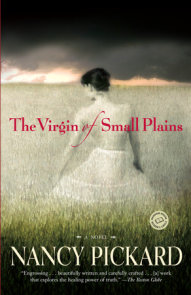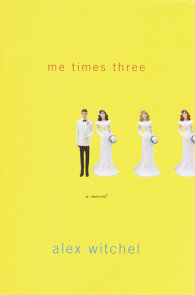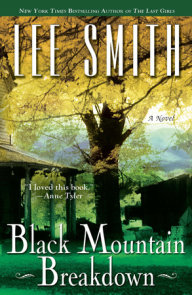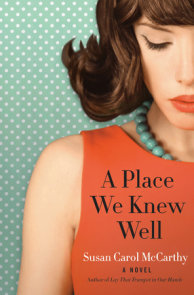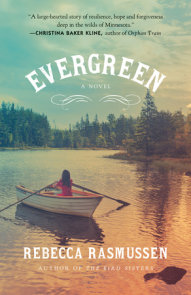READERS GUIDE
Introduction
IntroductionIn another world, you make it work. In another world, you never even hear the name “Scott Bean.” (Harmony, p. 1)
It all started with a flyer on the wall of a Chinese restaurant, glimpsed while Alexandra’s daughter Tilly was saying for the twentieth time that “dim sum” means “touch your heart.” Alexandra’s fascination with Scott Bean’s teachings sprouted quickly: from a subscription newsletter to a public lecture to a private consultation and then, finally, to the whole family packing their lives into the back of a car and relocating to build Scott’s Camp Harmony—and, with any luck, to rebuild their lives as well.
The Hammonds are one of a few families (or Core Families, as Scott calls them) who are making the same journey with the same purpose. They’re all different, of course, but they have one thing in common: a challenging child. For the Hammonds, it’s thirteen-year-old Tilly. At the moment, she’s obsessed with talking about monuments and repeating sexually lewd comments to her dad. She’s tumbled down through public school, a costly specialized school, and home school, yet nothing has worked.
As the family begins their new life in the woods of New Hampshire, Alexandra hopes that this will be the answer to their troubles. But neither she nor anyone else in Camp Harmony has any idea what they’ve gotten themselves into.
Questions and Topics for Discussion
1. In the prologue, Alexandra says, “It doesn’t even occur to you to say, ‘That could have been me.’ Because you know yourself, and it goes without saying. You would never get mixed up in something like that. End of story.” (p. 1) What in your life have you gotten involved in that you thought you never would? How did it happen and why?
2. Tilly sees her family’s story as if it were studied by scholars in a museum. How would it feel to see your family this way? If your family had a museum, what kind of artifacts would be on display?
3. Scott says, “I don’t offer guarantees; I don’t do magic. I tell the story that you need to hear in the current moment, and I’m always one hundred percent honest, even if I’m not telling the one hundred percent truth.” (p. 181) How did you feel about the secrets he kept and how he behaved as the leader of the camp? Is what he did at all understandable? Is he forgivable?
4. Led by a person more qualified than Scott Bean, could the camp have succeeded? Would it have helped the Hammonds? Why or why not?
5. Alexandra admits that she’s a little like Tilly. Were there moments in the book where you identified with the way Tilly acted or thought? What makes you similar to her? What makes you different?
6. Who is your favorite narrator in the book? Why?
7. How did you feel about Alexandra’s decision to purchase a vibrator for Tilly? Would you have done the same in her position?
8. Did the camp help the Hammonds, ultimately? Could they have gotten to where they are at the end of the book without the camp? If so, how?








